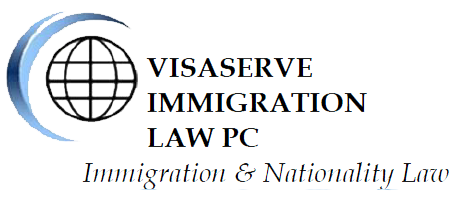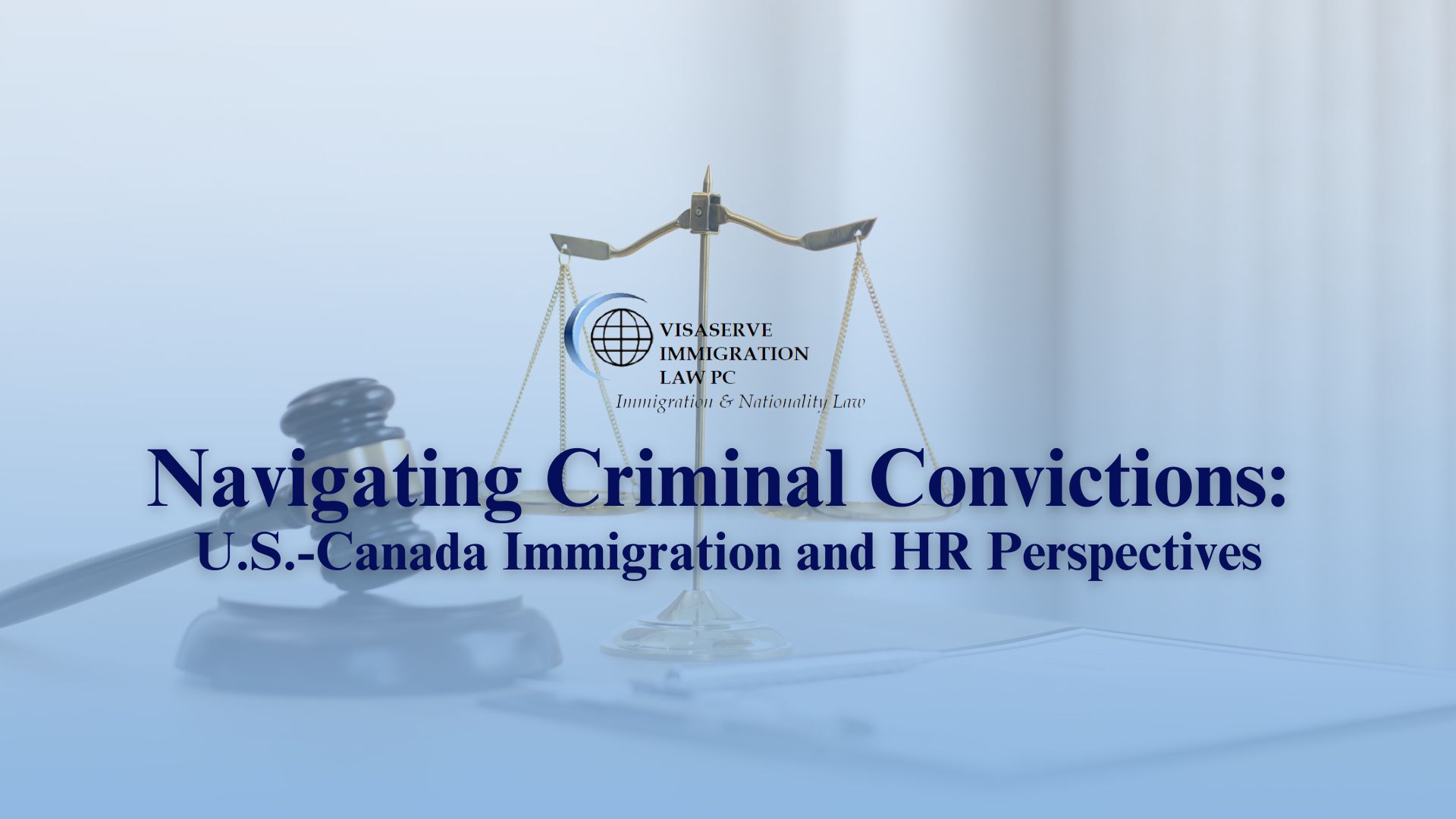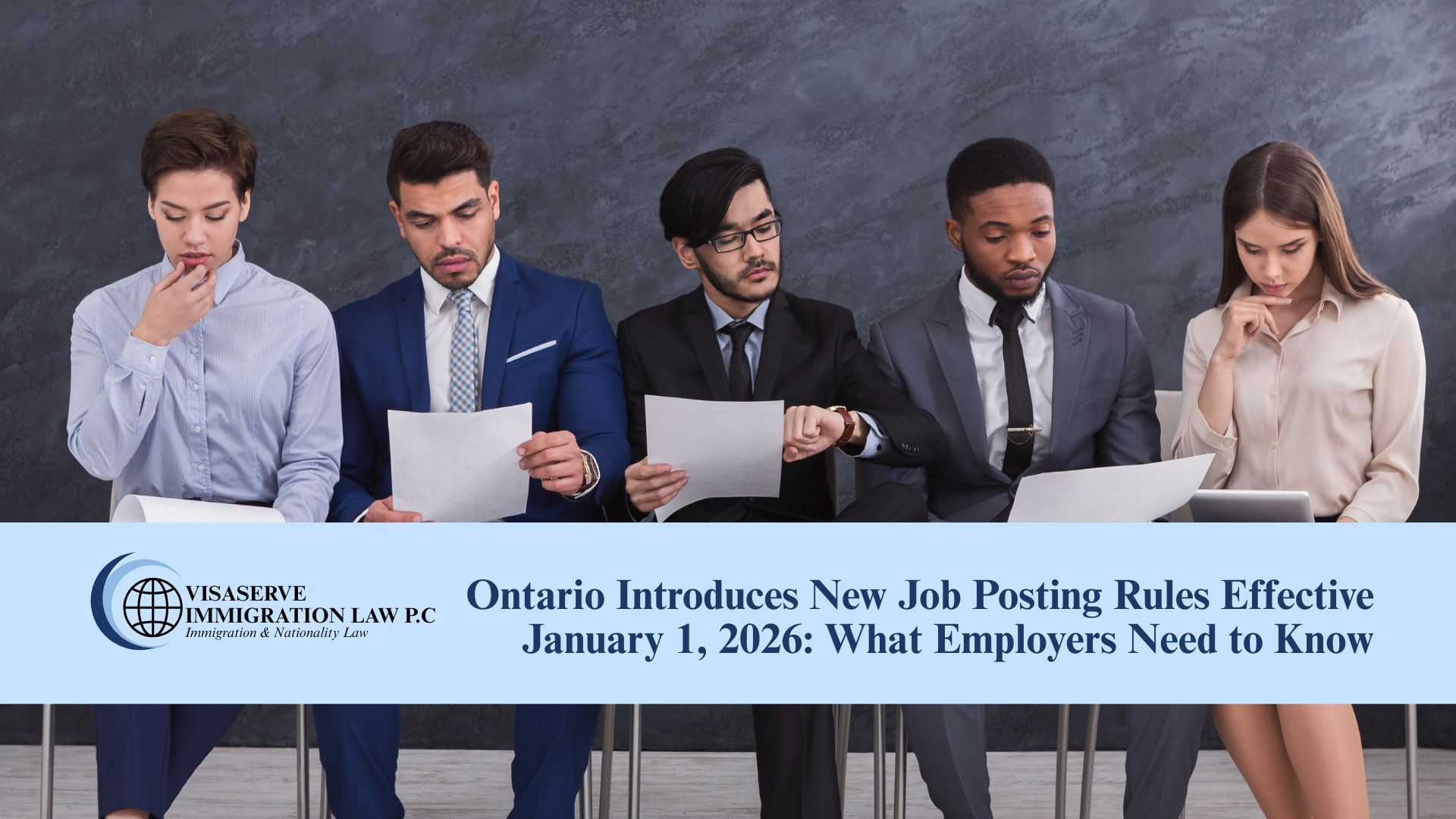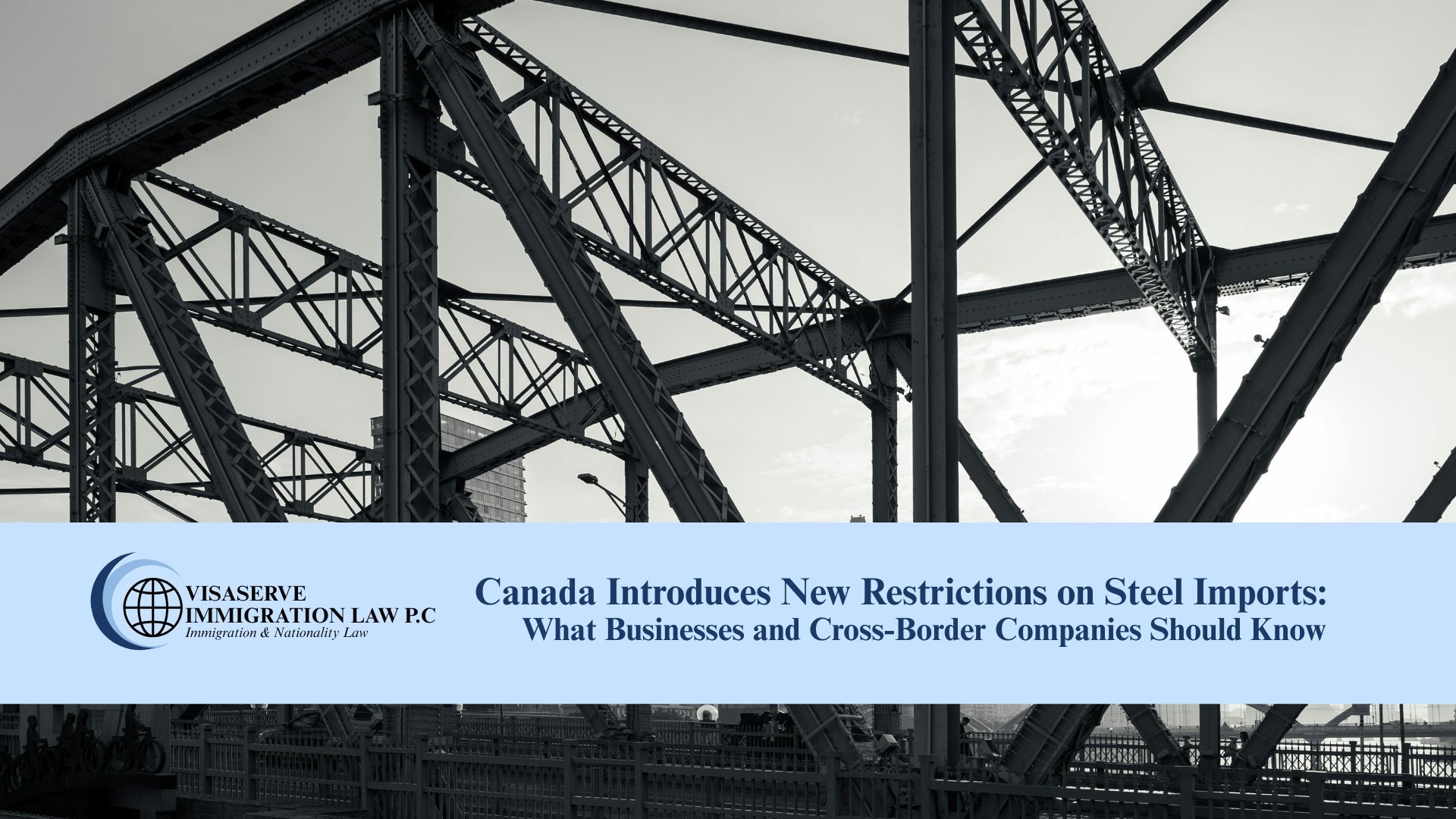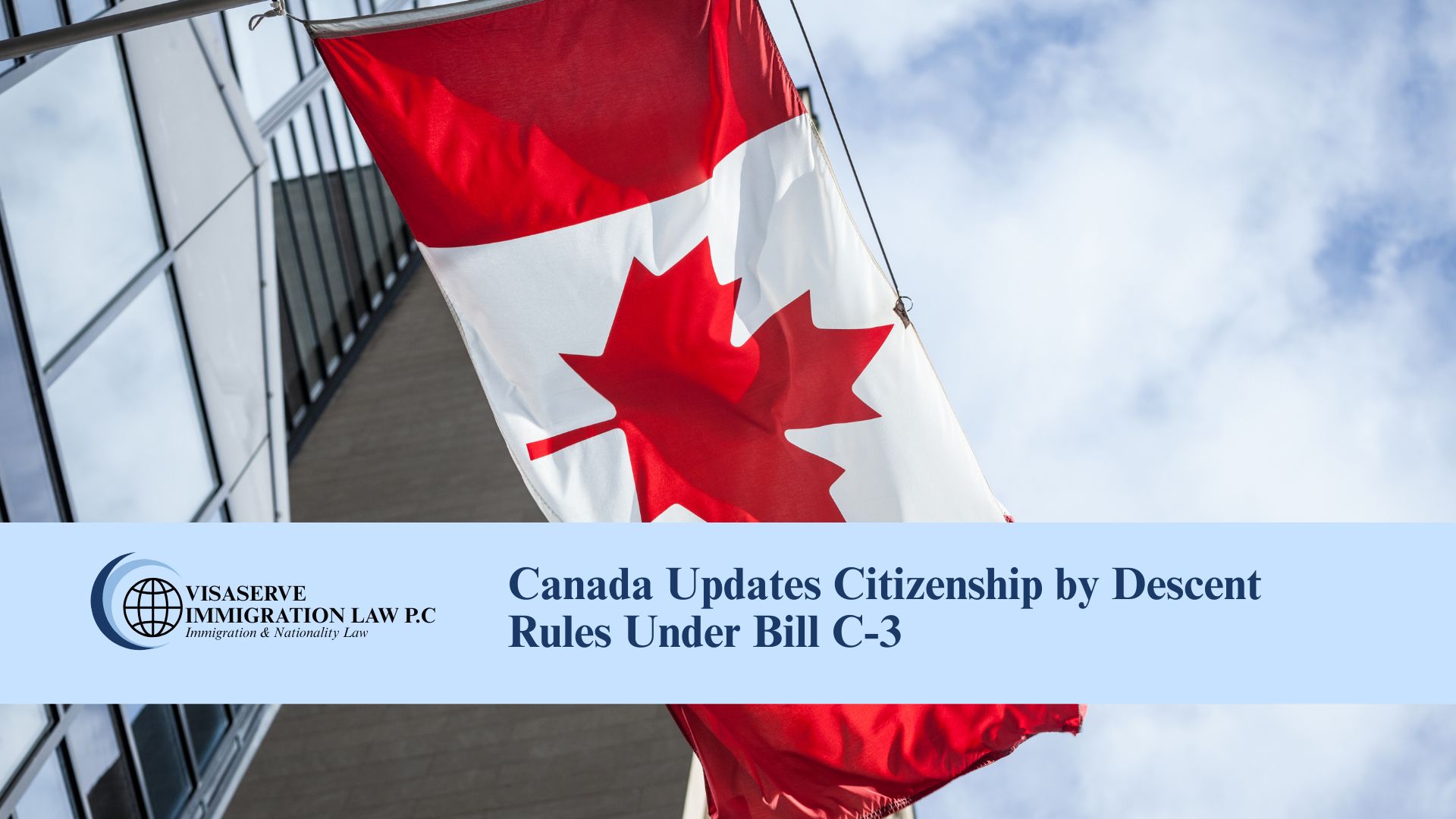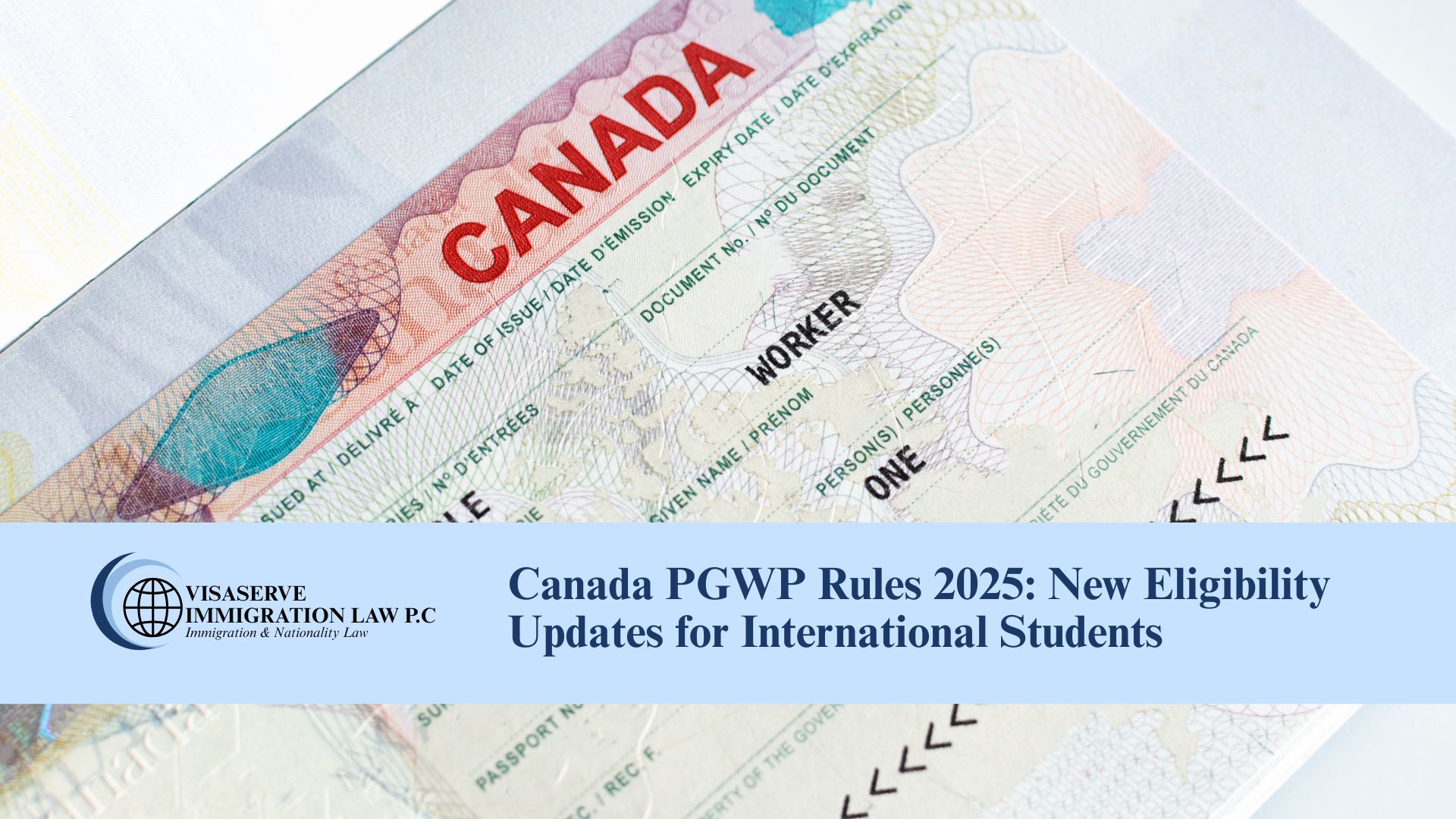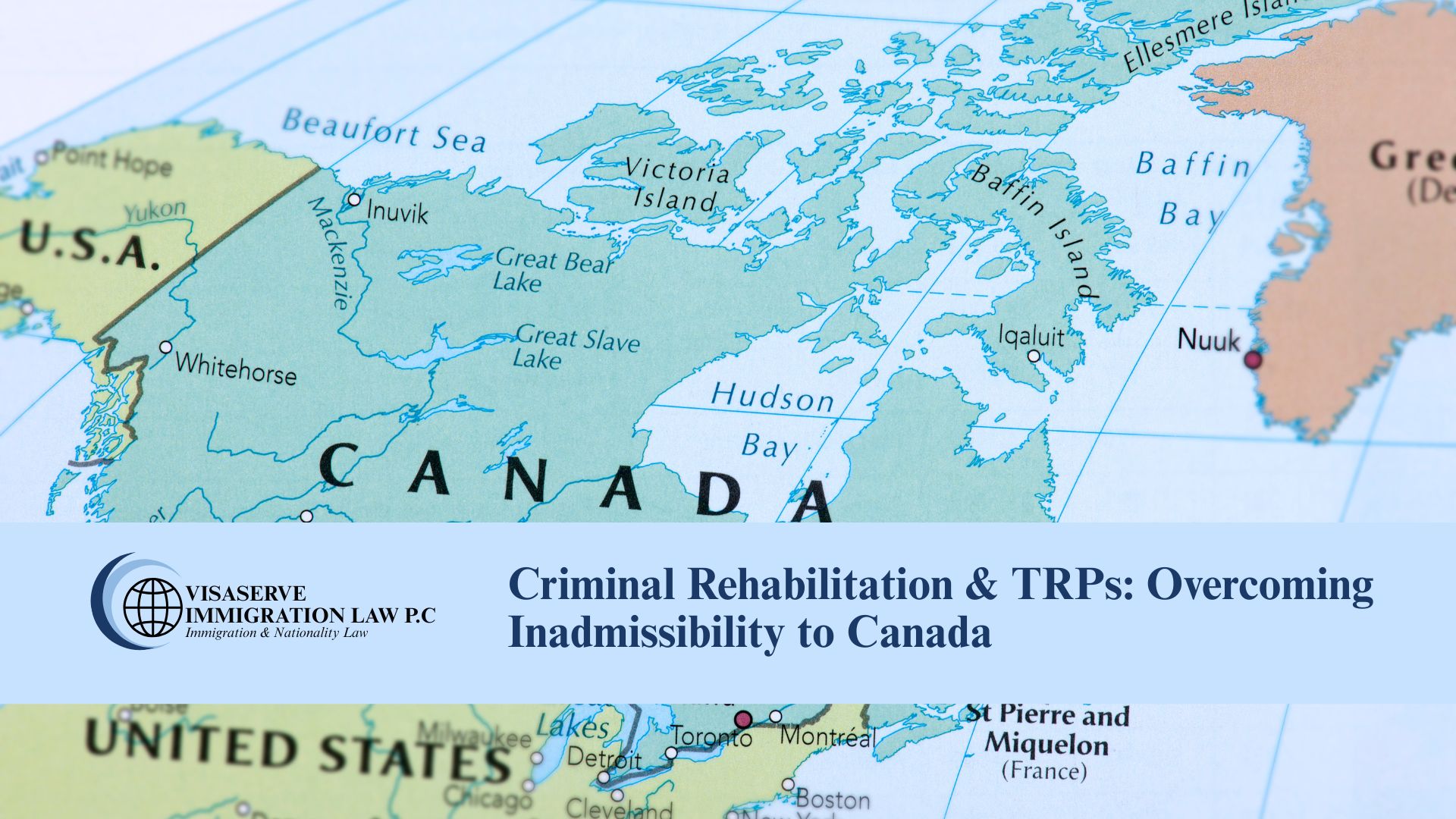Understanding Criminal Record Checks in Canada
In Canada, there are four levels of police record checks, but most employers deal with two:
- Level 1 – Criminal Record Check
Used broadly for general employment screening. - Level 3 – Vulnerable Sector Check
Required for roles involving children, the elderly, or individuals with disabilities (e.g., PSWs, daycare workers, educators).
Leona Wilson, President of Armillary Business Group, emphasized that while not every position requires a criminal check, employers must develop clear policies on when and how these checks are conducted. Best practices include:
- Mentioning the requirement only at the interview or shortlisting stage.
- Clearly informing candidates if the position involves international travel or vulnerable sectors.
- Implementing annual attestations or periodic rechecks instead of a “one-and-done” model.
Ethical Considerations in HR and Immigration
A central ethical question arises when an employee does not disclose a prior criminal history during the immigration process. David Nachman, Managing Attorney at NPZ Law Group, noted that U.S. immigration law places partial responsibility on the employer (e.g., in H-1B, L-1 cases), but confidentiality boundaries can make it difficult for employers to be fully informed unless disclosure is mandated or previously discussed.
Leona added that in Canada, if a conditional job offer is made and then a criminal issue is revealed, policies must be in place to evaluate whether the conviction is material to the role.
“It’s never a good thing if we find out on our own,” Leona explained. “Trust is compromised. It’s always better when an employee comes forward.”
Cross-Border Implications: Travel Between U.S. and Canada
Criminal convictions—regardless of where they occurred—can affect admissibility:
- Entering the U.S. with Prior Convictions
David explained that:
- Minor offenses (de minimis crimes) may not trigger inadmissibility.
- Crimes of Moral Turpitude (CIMTs) or felonies often require a waiver.
- Nonimmigrant waivers fall under 212(d)(3), while immigrant waivers (for green card applicants) fall under I-601, which require showing extreme hardship to a qualifying U.S. relative.
Canadian truck drivers and other frequent travelers are strongly advised to consult an immigration attorney with experience in criminal-immigration (“crimmigration”) law before traveling.
- Entering Canada with Prior Convictions
Canada requires:
- A Temporary Resident Permit (TRP) for convictions within the past 5 years.
- A Criminal Rehabilitation application for convictions older than 5 years, proving lifestyle reform and remorse.
Canada’s laws also impose a duty to voluntarily disclose past convictions, even if officers don’t ask at the border.
Failure to disclose may result in a finding of misrepresentation, leading to potential 5- or 10-year bans from entering Canada.
Marijuana and State vs. Federal Conflict
David highlighted a key nuance in U.S. law: marijuana may be legal in some states but remains illegal under federal immigration law. This can cause complications at federal ports of entry—even if use is permitted at the state level.
Final Thoughts: Transparency and Policy Are Key
This discussion revealed a powerful takeaway: transparency, documentation, and informed policies can protect both employers and employees. HR departments must work closely with legal counsel to ensure compliance and risk mitigation—especially when immigration and criminal law intersect.
Frequently Asked Questions (FAQ)
Q1: Can I enter the U.S. with a DUI conviction from 10 years ago?
A: It depends. Minor DUIs may not trigger inadmissibility, but repeated offenses or those tied to other criminal charges could require a waiver. Always consult an immigration attorney.
Q2: How often should Canadian employers repeat criminal record checks?
A: Best practice is to conduct an annual attestation and periodic rechecks, especially in regulated or high-risk roles.
Q3: What happens if an employee hides a criminal record from HR during immigration processing?
A: This could create ethical and legal complications. Employers should clarify representation boundaries and policies during onboarding.
Q4: Is marijuana possession a problem at U.S. border crossings?
A: Yes. Despite state-level legalization, marijuana is federally illegal and can cause inadmissibility under U.S. immigration law.
Q5: How long does a Canadian Criminal Rehabilitation application take?
A: Typically 9 to 12 months, and it must be filed before traveling if inadmissibility applies.
Need Help?
Contact the VISASERVE for personalized immigration guidance. We assist with U.S. and Canadian immigration matters, including waivers, inadmissibility, and HR compliance strategy.
If you’re interested in U.S Immigration please connect with NPZ Law Group. You can reach us by emailing info@visaserve.com or by calling us at 551-276-1864 extension 104.
If you’re looking for personalized legal solutions in Canadian Immigration, please book an appointment with us here.
